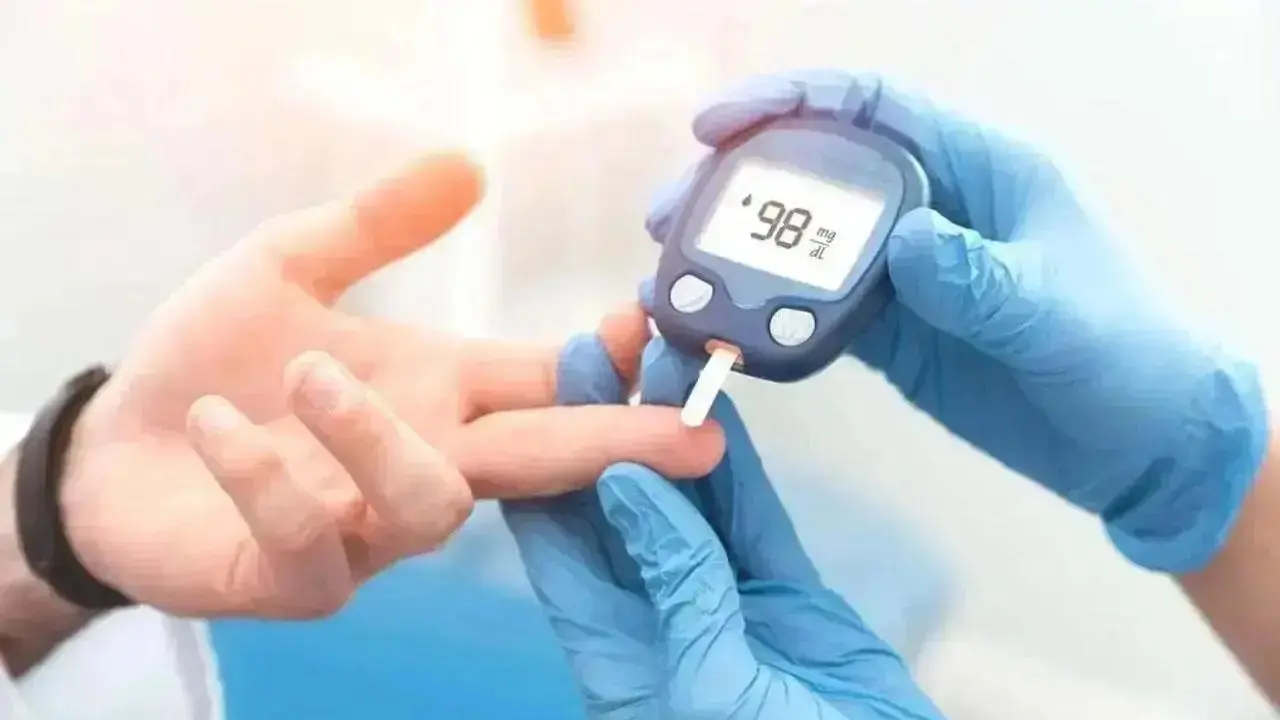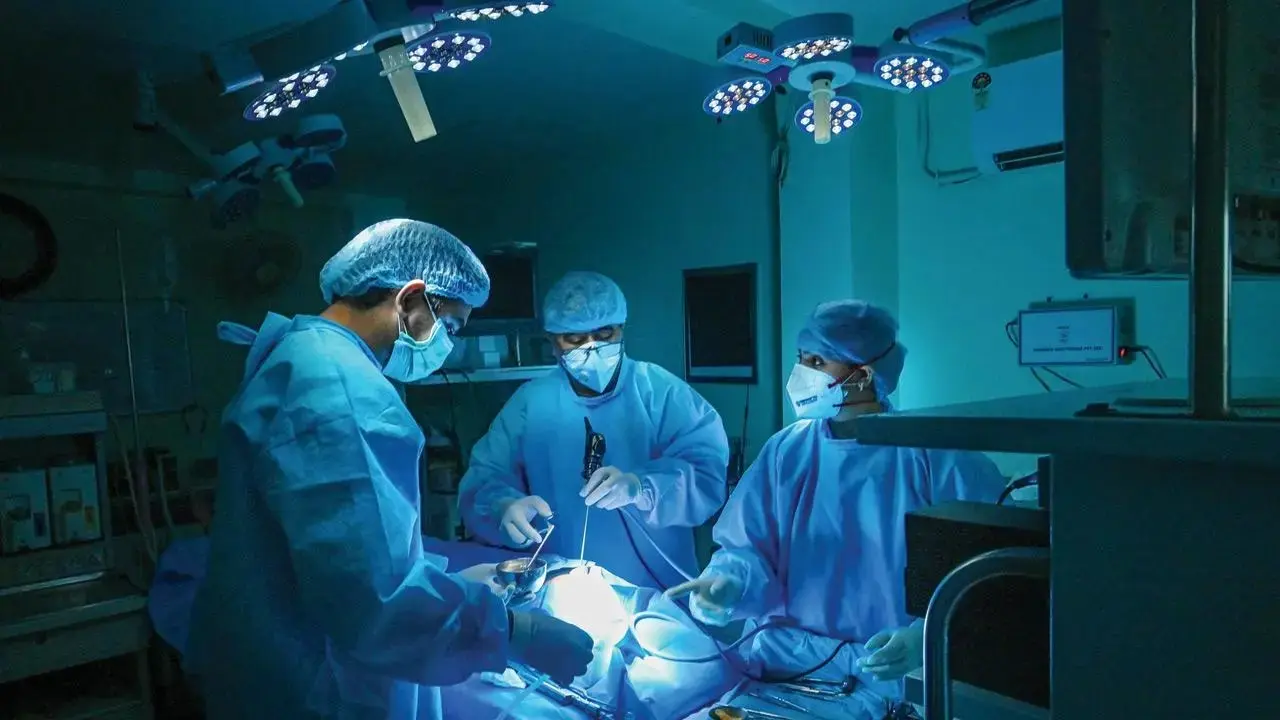Diabetes continues to rise at an alarming rate in India, with millions of people living with the condition. It is even more concerning that almost 50 per cent of them remain undiagnosed, say Mumbai doctors ahead of World Diabetes Day observed on November 14 every year.
Many individuals discover their condition only after developing serious complications like heart disease, kidney damage, or vision problems. Timely screening, diagnosis, and healthy lifestyle habits are the key to preventing long-term complications and improving quality of life.
Diabetes is a chronic metabolic disorder that occurs when the body cannot properly regulate blood sugar levels. It happens either because the pancreas doesn’t produce enough insulin (Type 1) or the body becomes resistant to insulin (Type 2). Over time, uncontrolled diabetes can affect major organs and cause heart attacks, nerve damage, kidney failure, blindness, and even amputations. Still, many people who have diabetes don’t seek timely help.
Dr Rashi Agrawal, endocrinologist, Zynova Shalby Hospital Mumbai says, “One major reason why 50 per cent of the people don’t know they’re diabetic is that the disease often progresses silently. 5 out of 10 people aged 30-65 often come to me only after experiencing complications like kidney issues or heart problems, and have a history of diabetes. These problems are induced due to unmanaged diabetes. Lack of awareness, irregular health checkups, and the misconception that diabetes affects only older adults further delay detection.”
Dr Rashi added, “Common symptoms to watch out for are increased thirst or hunger, frequent urination, especially at night, unexplained weight loss, fatigue and blurred vision, and slow-healing wounds or frequent infections. If these symptoms persist, it is important to get tested even if you feel otherwise healthy. Simple blood sugar screening tests can identify the condition early and prevent severe damage. Early diagnosis and good control of blood sugar can prevent most of these outcomes. Regular screening after the age of 30 or even earlier especially for those with a family history or sedentary lifestyle, is crucial. Diabetes management isn’t only about medication; it’s about lifestyle balance. A healthy diet, regular exercise, stress control, and annual checkups go a long way in keeping blood sugar stable. With awareness and timely intervention, it is possible to reduce the burden of complications and improve patient lives.”
“Get your blood sugar checked regularly, especially if you have a family history of diabetes. Maintain a healthy weight and include physical activity for at least 30 minutes daily. Follow a balanced diet rich in whole grains, fiber, vegetables, and lean proteins. Avoid excessive sugar, junk food, and smoking. Manage stress and sleep to keep hormones and metabolism balanced. Stay consistent with medical follow-ups and prescribed medications,” said the city-based doctor.
Dr Upasana Garg, regional technical chief at Apollo Diagnostics Mumbai, further explains, “As diabetes cases rise sharply across India, awareness and early screening remain the most powerful tools to fight this silent epidemic. Key tests to detect diabetes include the Fasting Blood Sugar (FBS) test, which measures blood sugar after an overnight fast, and the Postprandial Blood Sugar (PPBS) test, taken 2 hours after a meal. The HbA1c test reflects average blood sugar levels over the past 2–3 months and helps monitor long-term glucose control as well as effects of ongoing diabetic treatment. Regular testing is recommended, especially for individuals over 30, those with a family history, or anyone showing symptoms like fatigue, excessive thirst, or frequent urination. Detecting diabetes early allows timely treatment, reducing the risk of heart, kidney, gall bladder, liver, and vision problems. Individuals should take charge of their health through regular monitoring, balanced lifestyles, and timely action because knowing your blood sugar levels could make all the difference.”











